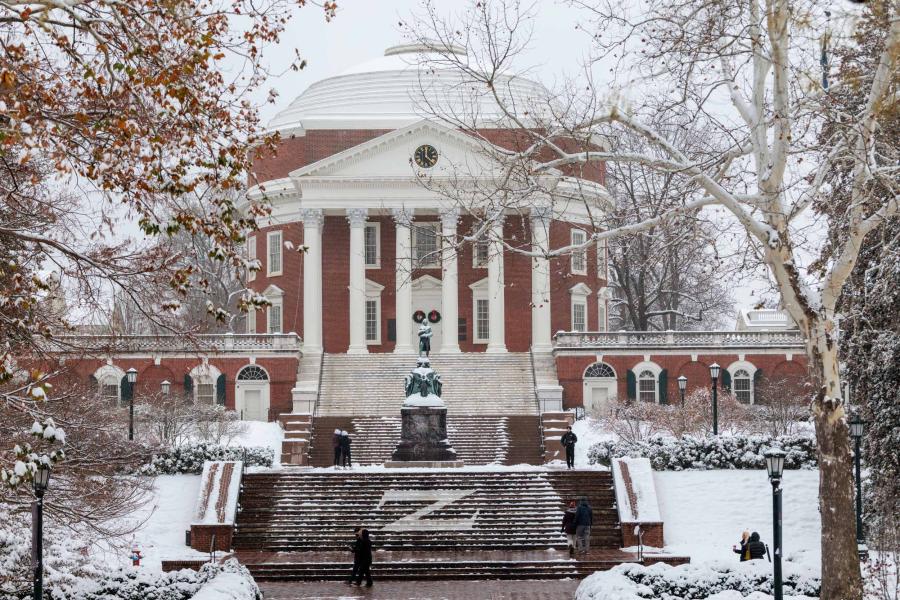The University leaders – including Ryan, Chief Operating Officer Jennifer “J.J.” Wagner Davis, Vice President for Finance Melody Bianchetto and Associate Vice President for Financial Operations Augie Maurelli – also outlined a three-phase plan that will be followed to implement the working group’s recommendations:
Phase I: Supply Analysis
The first phase will focus on using data analysis to better understand the goods and services that existing retailers provide UVA. It will evaluate the University’s existing partnerships with more than 100 local businesses and identify opportunities for further spending with them. Phase I will also commit to finding ways to engage with about 300 local businesses in 52 regional ZIP codes with which UVA does not currently have a business relationship.
Phase II: Opportunity Analysis
With the results discovered in Phase I, the second phase will seek methods to facilitate and shorten the process for vendors to be certified to do business with UVA. This phase is also where opportunities to prioritize and increase spending with local and historically disadvantaged businesses will be identified.
Phase III: Strategy Development, Implementation and Monitoring, and Evaluation
The final phase will develop a plan of action using the data collected in Phases I and II to double the percentage of local and minority-owned businesses partnering with the University by fiscal year 2025 and to raise UVA’s spending with local businesses by 10% within that same timeframe. The third phase will also prioritize increasing spending with certified small, women-owned and minority-owned – or “SWaM” – businesses, and making it easier for UVA schools and units to find them when their services are needed.
Planning, analysis and implementation of the working group’s recommendations is already underway and is expected to continue through fiscal year 2025.
“I’m grateful to the Local Economy Working Group for their efforts to help us strengthen UVA’s relationships with local businesses,” Ryan said. “They delivered thoughtful and well-researched recommendations, and I look forward to working with colleagues to implement them. Ensuring that we support local businesses is critical to building a strong partnership that helps the community thrive.”










